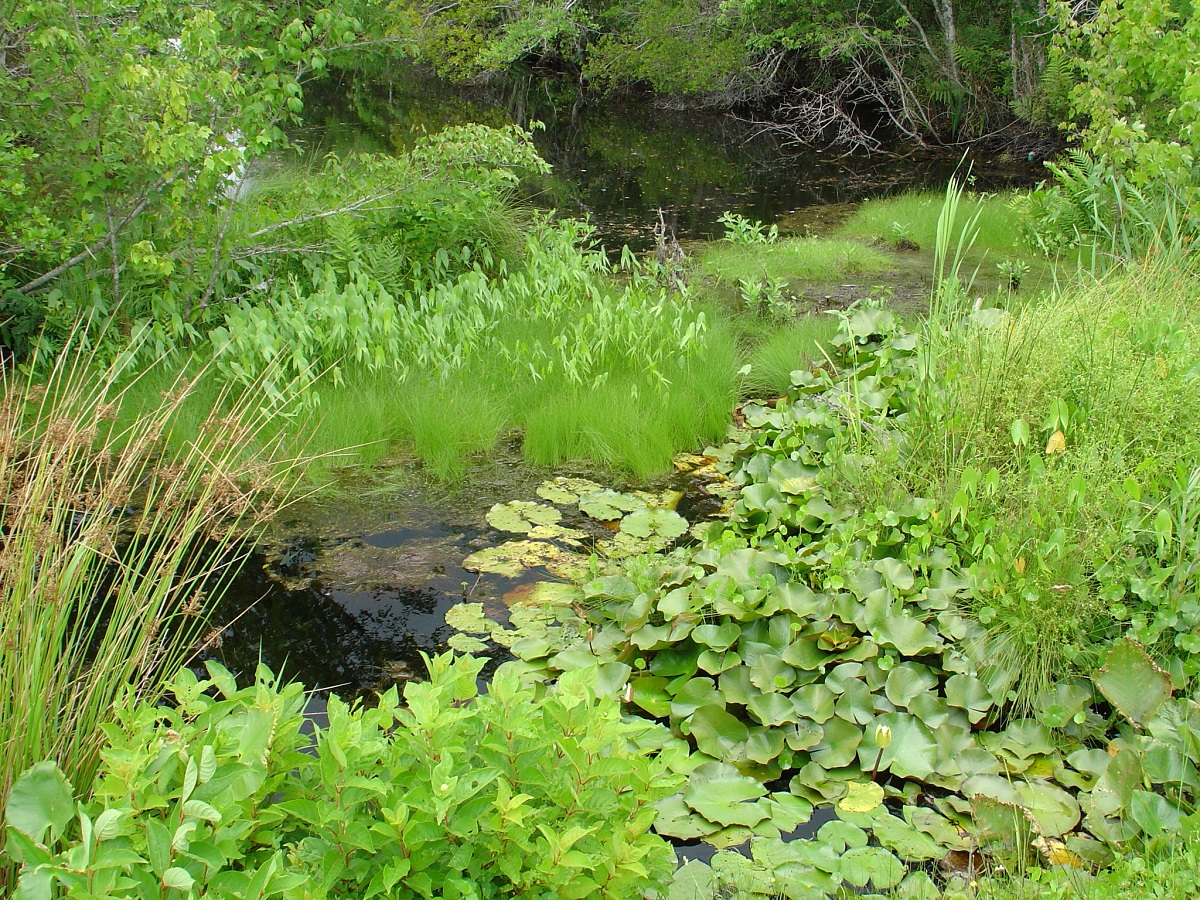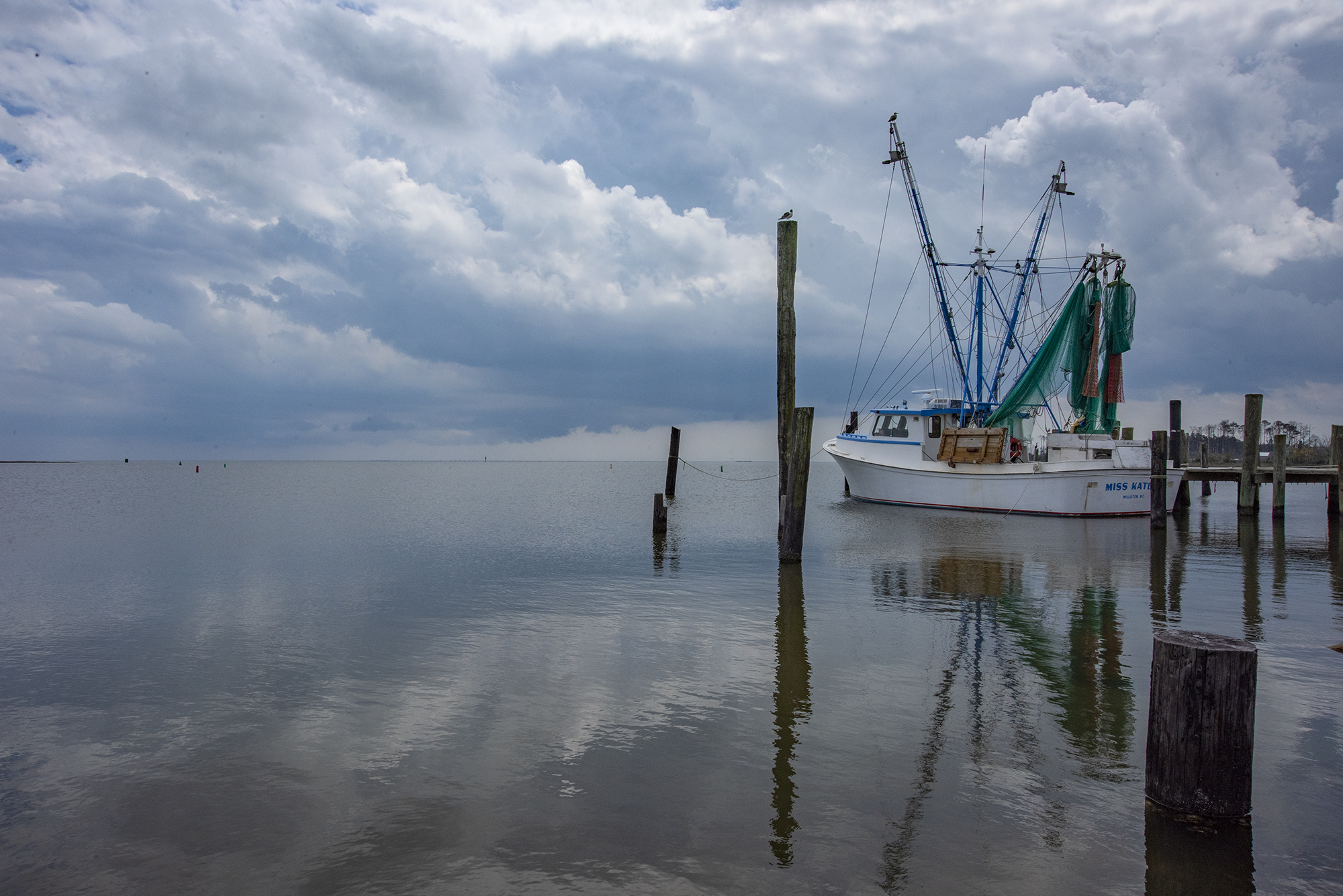
CAROLINA BEACH – The town’s board of adjustment Monday denied an appeal to dismiss several violations issued earlier this year to Freeman Park property owners for erecting a post and rope barrier in the public right of way.
The board unanimously upheld all the infractions town officials said Freeman Beach LLC committed when the company built a 1,938-foot fence, ostensibly to protect freshly planted beach grass, at the north end of Carolina Beach.
Supporter Spotlight
The board of adjustment, a quasi-judicial panel that hears development disputes and challenges, ultimately rejected the property owners’ argument that the town’s ordinances, by definition, limit the town from being able to enforce its ordinances within the town’s extraterritorial jurisdiction, or ETJ.
Wilmington attorney Steve Coggins, who represented the town during the three-hour hearing, cited a state statute that grants municipalities extraterritorial regulatory authority and defines the area in which a city may enforce land development regulations. In Carolina Beach’s case that authority extends a mile beyond the town limits, Coggins said.
Freeman Beach LLC owns 170 acres, the largest of nine privately owned parcels in Freeman Park, a majority of which is within the ETJ.
The town was granted the authority in 1972 to extend its extraterritorial boundaries to encompass all of Freeman Park.
In 2004, the town entered into an interlocal agreement with New Hanover County in which the town agreed to manage the land, providing town services including police, fire, rescue and trash collection.
Supporter Spotlight
The town owns the first 1,000 feet of the popular seaside park, where visitors are allowed by permit to drive and camp overnight within the public trust areas of the beach.
Steve Fort, one of four owners registered with the company, said that people violate the town’s regulations by driving and camping within 10 feet of the dunes, which, he said, has resulted in erosion on the private property.
Private Property, Public Trust
Fort’s situation is one of many beachfront property disputes that call into question the rights of private property owners whose land includes public trust areas.
Elizabethtown attorney Cliff Hester, who is a registered agent and legal representative of the company, said that private property under public trust gives people the right to go onto the public right of way.
“It does not give the right for someone to destroy it,” he said.
Fort went to North Carolina Division of Coastal Management, or DCM, officials to talk about how he could protect the property.
Fort testified that DCM officials told him that planting sea grass on private property is unregulated and that post and rope fences are allowed in order to protect the new plants.
“That’s when they told me the public would probably tear it down and I said, ‘Well, I’ll probably fix it back,’” he said.
He did not have a Coastal Area Management Act, or CAMA, permit and he did not apply for any town permits because he did not think it necessary since his property is within the ETJ.
CAMA allows permit exemptions for certain activities, including the installation and maintenance of sand fencing.
Among the requirements that must be met to be exempted, fencing has to be placed as far landward as possible to avoid interfering with sea turtle nesting, public access and use of the beach. A fence cannot be located more than 10 feet from the first line of stable natural vegetation, the toe of the frontal dune or the erosion escarpment of the dune, according to CAMA rules.
Fort did not request an exemption certificate. He believed he was operating within state guidelines when he installed the temporary barrier on Feb. 14.
Carolina Beach Senior Planner Jeremy Hardison said the fence was placed 50 feet to 150 feet waterward from the toe of the dune.
“In some cases, it took up half the beach,” he said. “We had not received any permits or consulted with the applicant.”
After the town began receiving phone calls about the fence installation on Feb. 14, town officials contacted DCM.
“They did not know anything about what was going on or authorizing any work,” Hardison said.
On the afternoon of Feb. 14, Town Manager Michael Cramer decided, for safety reasons, to close Freeman Park. He said he was concerned that because people were not used to the poles being on that stretch of the beach they might hit them, particularly at night.
DCM issued a notice of violation Feb. 15, charging that the fence impeded public access to the beach and broke the rule that sand fencing cannot be installed any farther than a maximum distance of 10 feet waterward of the toe of the front dune.
The state gave the company a Feb. 19 deadline to remove the posts and rope. Fort removed the rope, which, according to him, meant the barrier was no longer a fence because it was not connected.
The town removed the posts Feb. 21 and cited 11 different sections of the town’s ordinances the company violated. The violations included excavating the beach by digging holes in which to place the posts, obstructing a public place, failing to submit plans to erect the fence and failing to obtain permits to build the fence.
“It’s really frustrating to be cited with all these statutes because they have cast a wide net,” Fort said.
Rules Not Enforced
Fort said that while the town’s regulations pertaining to the public’s use of Freeman Beach are well meaning, the rules are not enforced. He said he has numerous photographs of people breaking rules outlined in the town’s ordinances.
Hester referred to the YouTube video below taken from inside a vehicle that shows the driver hugging the dune line before driving onto wet sand through the tide.
“If you look at this video you’ll see why my clients are taking the action they’re taking,” Hester said. “They’re trying to prevent damage to (the property). We’re trying to decide whether the town’s going to stop people who are trying to save the environment, who are trying to save the public trust area of the beach. All you have to do is go on the internet and you see people violate it all the time. You never see anybody getting a ticket for it.”
In addition to enacting his right to protect his property, Fort said he was simply doing something the town has done when he put up the posts and rope.
“For years Carolina Beach has been installing post and rope fence on private property without the owners’ consent. Both of those areas require CAMA permits. They had no CAMA permits for any of it,” he said.
Cramer said the town typically applies for a joint application when doing any type of work on the beach, whether it pertains to restroom facilities, garbage cans, or placing posts and rope to structure camp sites and driving lanes in Freeman Park. The town most recently received written permission in 2014 from DCM to erect posts and rope along with installing a ramp at the entrance to the park.
“If CAMA asks us to remove and change something, we remove and change it,” Cramer said. “It is very much a commonplace activity for us to talk with CAMA and get their approval on anything in Freeman Park.”
Fort received a CAMA minor permit on June 1 to install a fence on the Freeman Beach LLC property after Nov. 1, the end of sea turtle nesting season.
The permit authorizes the installation of 2,850 feet of sand-fencing along the property.
A stipulation of the permit requires that the applicant meet with a DCM representative on the site “to ensure that the alignment of the fence will not impede access for public safety vehicles.”
Because the board of adjustment’s decision is final, any appeal would go directly to superior court.
Fort said after Monday’s hearing that he and the other members of the company would discuss how to proceed.









